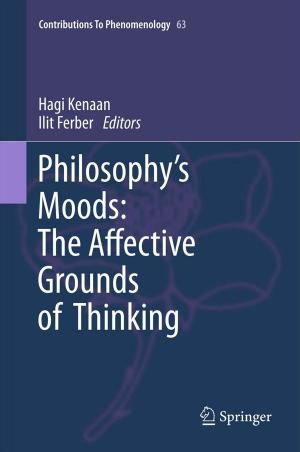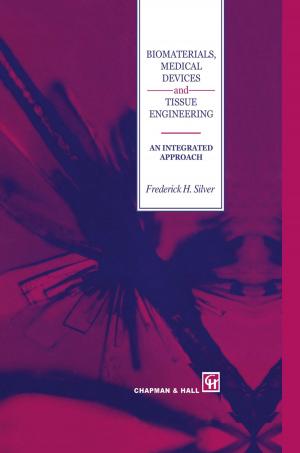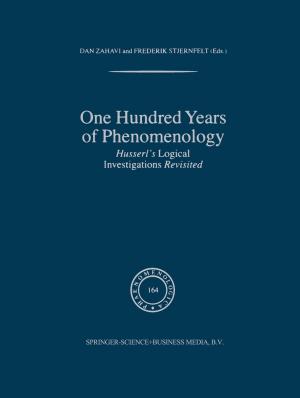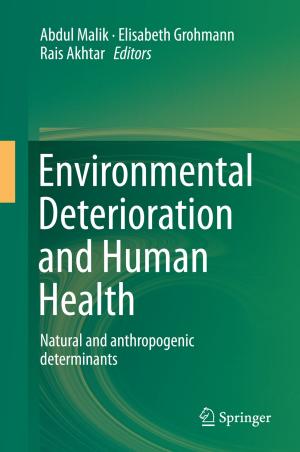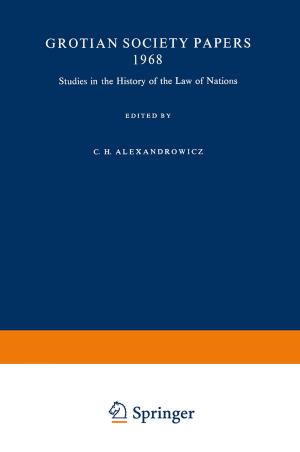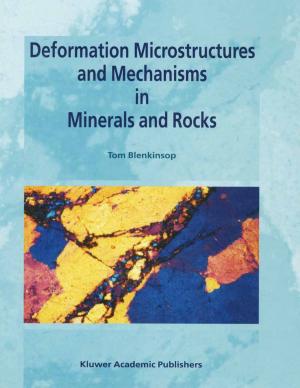| Author: | H. Maurer, M.A. Mange | ISBN: | 9789401123082 |
| Publisher: | Springer Netherlands | Publication: | December 6, 2012 |
| Imprint: | Springer | Language: | English |
| Author: | H. Maurer, M.A. Mange |
| ISBN: | 9789401123082 |
| Publisher: | Springer Netherlands |
| Publication: | December 6, 2012 |
| Imprint: | Springer |
| Language: | English |
Although some handbooks on the microscopic identi In Part I the concept of heavy mineral analysis is fication of heavy mineral grains are available, a introduced and the relative significance of factors comprehensive manual illustrated in colour has not affecting heavy mineral assemblages is discussed. There been published until now. Because the appearance of are brief references to the commonly used laboratory minerals in grain mounts differs considerably from methods and auxiliary techniques. It concludes with those seen in a thin section, a different approach is some examples of the application of heavy mineral necessary for the identification of detrital grains. studies. Coloured photomicrographs, showing their colour Part II contains the descriptions of 61 transparent shades, pleochroism and interference tints, provide heavy mineral species, including those which are an excellent means of assisting recognition. As a commonly authigenic in sediments. Positive identi number of mineral grains have similar optical proper fication of authigenic minerals is important to avoid ties and morphology, it is equally important to confusion and to help recognition of diagenetic describe them verbally in detail, pointing out events. In the mineral descriptions considerable characteristic features and differences. emphasis is placed upon detrital morphology and This book is intended primarily as a manual that diagnostic features. Optical properties and character describes and illustrates the transparent heavy min istics are detailed, together with information on host erals most commonly found in sediments. It is hoped rocks.
Although some handbooks on the microscopic identi In Part I the concept of heavy mineral analysis is fication of heavy mineral grains are available, a introduced and the relative significance of factors comprehensive manual illustrated in colour has not affecting heavy mineral assemblages is discussed. There been published until now. Because the appearance of are brief references to the commonly used laboratory minerals in grain mounts differs considerably from methods and auxiliary techniques. It concludes with those seen in a thin section, a different approach is some examples of the application of heavy mineral necessary for the identification of detrital grains. studies. Coloured photomicrographs, showing their colour Part II contains the descriptions of 61 transparent shades, pleochroism and interference tints, provide heavy mineral species, including those which are an excellent means of assisting recognition. As a commonly authigenic in sediments. Positive identi number of mineral grains have similar optical proper fication of authigenic minerals is important to avoid ties and morphology, it is equally important to confusion and to help recognition of diagenetic describe them verbally in detail, pointing out events. In the mineral descriptions considerable characteristic features and differences. emphasis is placed upon detrital morphology and This book is intended primarily as a manual that diagnostic features. Optical properties and character describes and illustrates the transparent heavy min istics are detailed, together with information on host erals most commonly found in sediments. It is hoped rocks.


